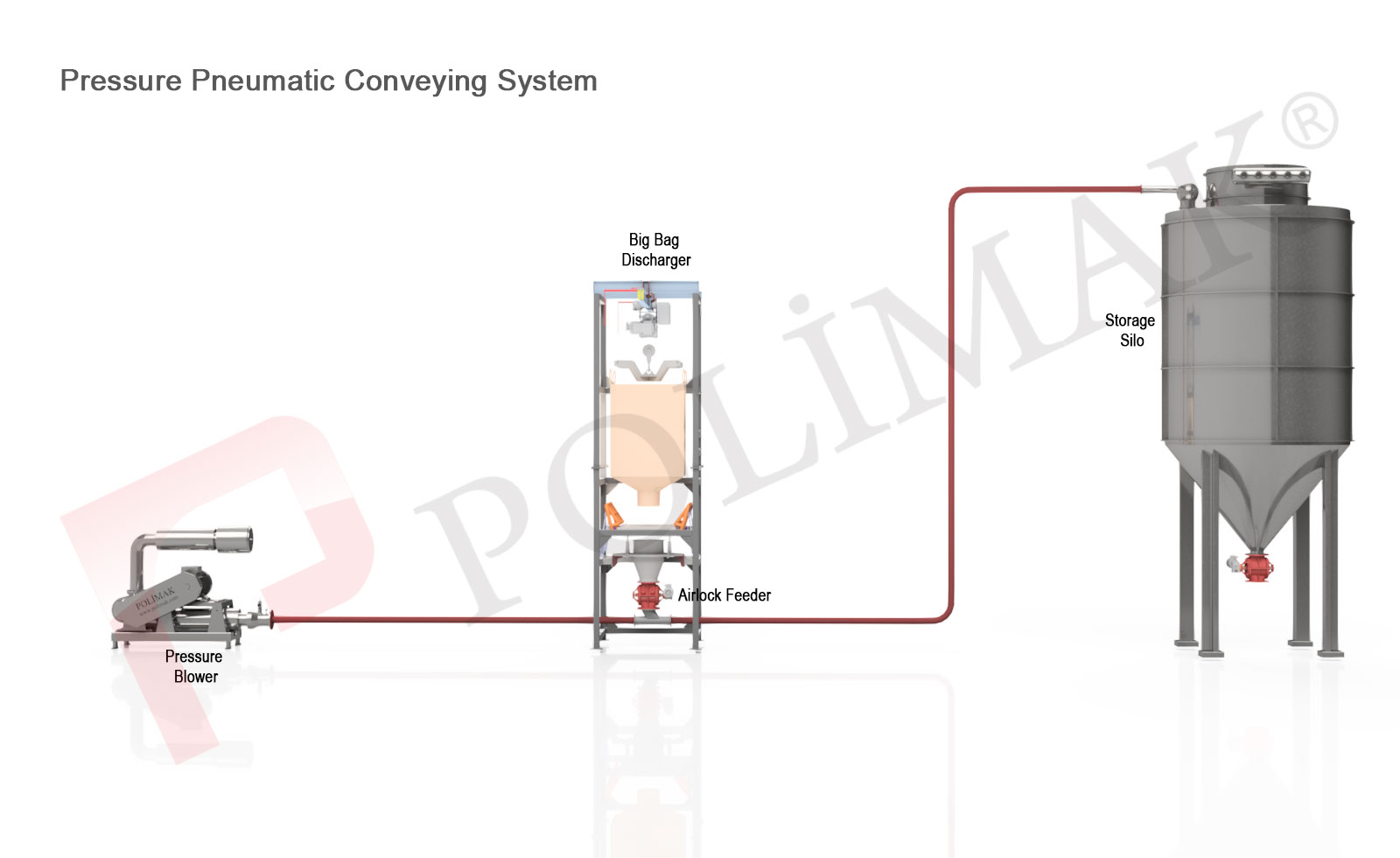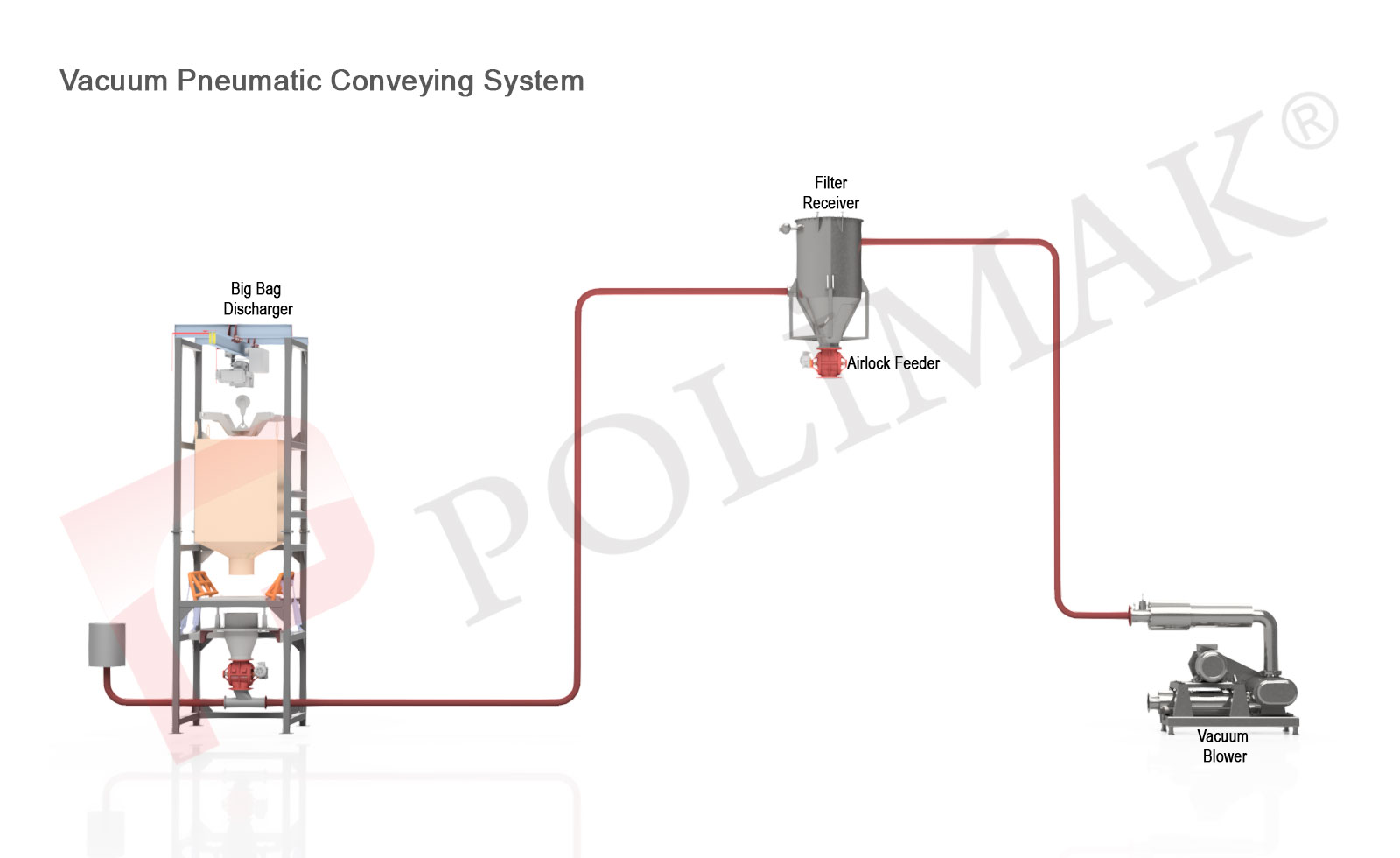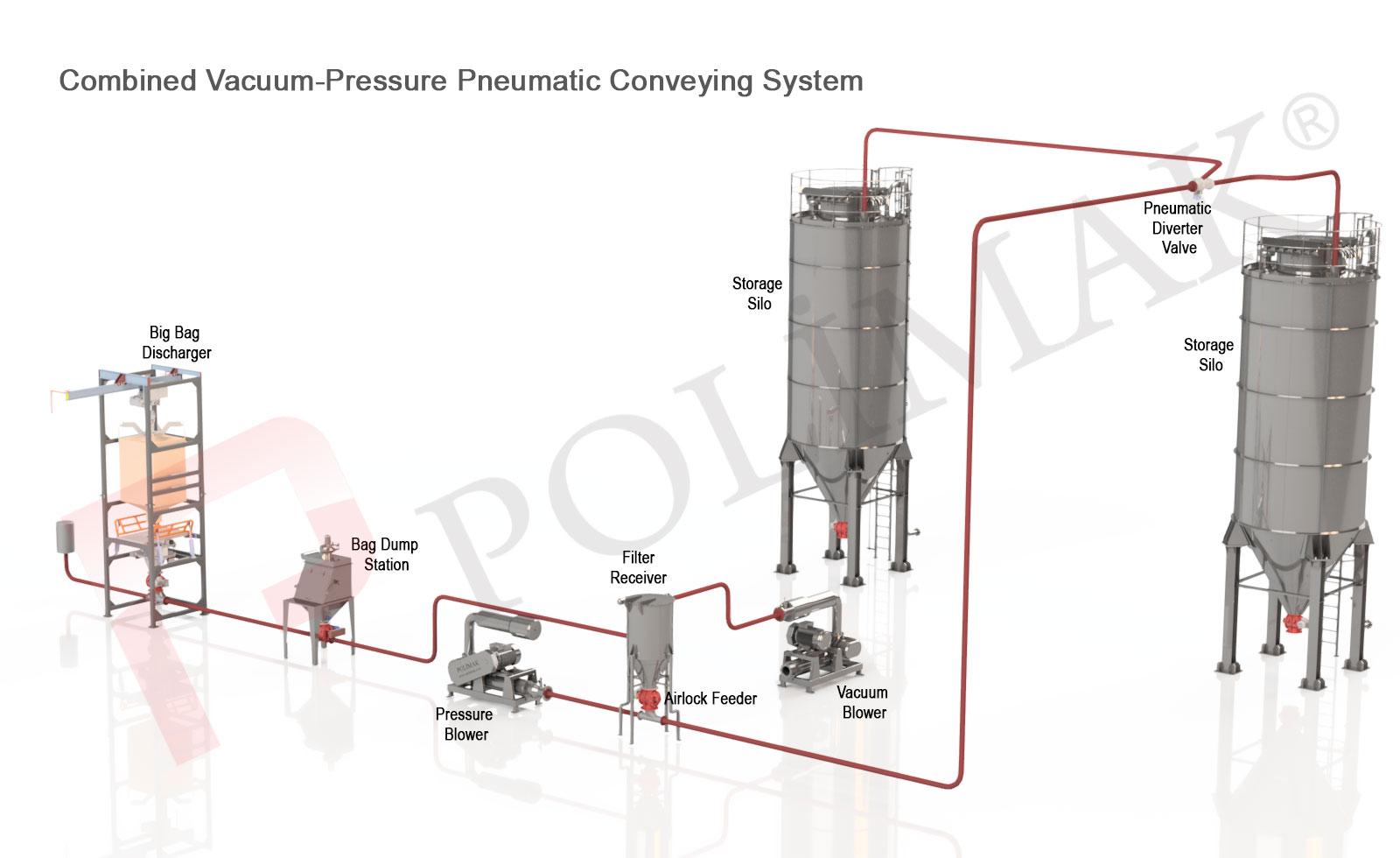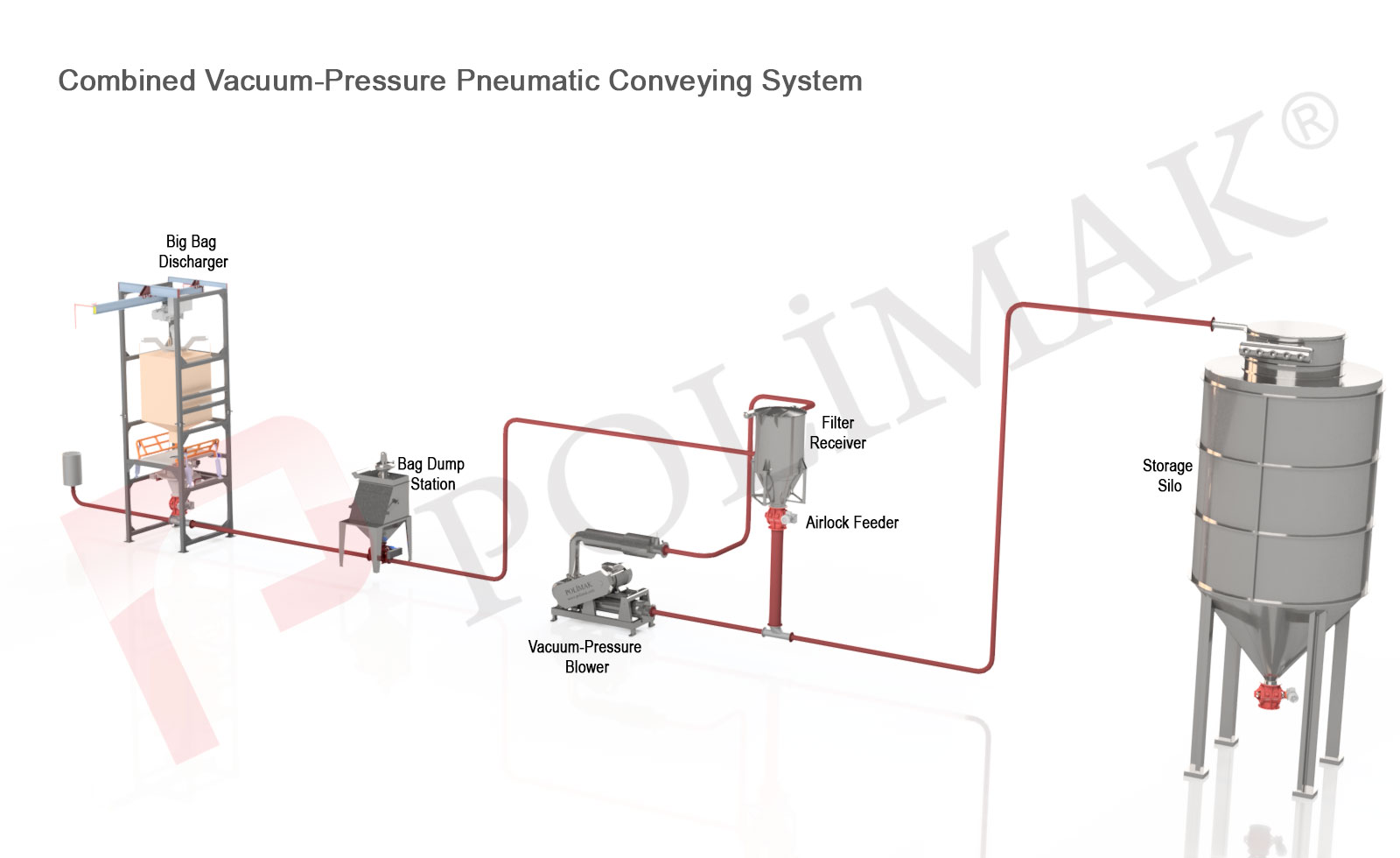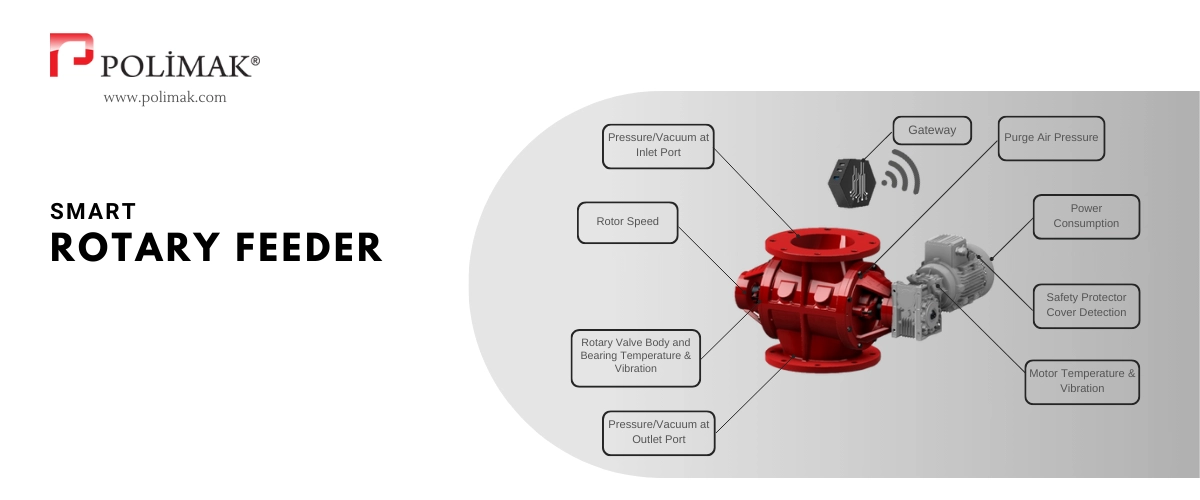
Process and manufacturing industries such as cement, agriculture, food, chemicals, plastics and many others rely on rotary feeders to facilitate efficient bulk material flow. Facilitating efficient bulk material flow requires uninterrupted operations, unfortunately, operational issues can arise. These issues may include rotor shaft misalignment resulting in abnormal vibrations, bearing damage caused by heat buildup, air purge malfunctions leading to seal degradation, noisy operations due to rotor expansion brought on by higher bulk material temperature than anticipated, and jamming caused by trapped bulk solids resulting in feeder shuddering, eventually causing the drive chain to hop or affecting the rotor speed. Additionally, inadequate material throughput due to excessive air leakage at the two ports (inlet and outlet) is also a common hurdle for these essential devices. In most industries, manual machine checks can make it difficult to identify the aforementioned operational issues in time. This can have severe consequences on production output and longevity of machinery, including unplanned downtime costs, increased maintenance fees, diminished performance health and shortened equipment lifespan.
With industry 4.0 improving operational efficiencies through automation and other key IIoT – Industrial Internet of Things technologies, Polimak is leveraging the power of industry 4.0 and its concepts to provide cutting-edge smart rotary feeders that help process and manufacturing industries improve operational efficiencies and reduce unplanned downtime in production lines. Polimak combines its manufacturing and process industry know-how along with its expertise in software technology to offer quality smart rotary feeders. Our rotary feeder (typically used in process lines under a head of bulk solids and efficiently regulates bulk solids flow between two pieces of equipment) has our IoT solution platform (Politrace) that combines process conditioning, machine health and inventory monitoring, and computerized maintenance management technologies integrated into it. The feeder is equipped with a sensor system that allows for continual monitoring of various operational unit parameters, including temperature and vibration of the feeder’s body, air pressure measurements at both inlet and outlet ports, rotor speed, bearing temperature, power consumption, air pressure at air purges as well as safety protector cover detection as the feeder operates. The sensor system offers the flexibility of in-depth monitoring of the performance and condition of the rotary feeder and collects comprehensive real-time data. This comprehensive data collection provides an early detection alert if any anomalies arise while running the device; this helps costly breakdowns before they can occur by giving personnel ample time to take corrective action. The benefits of the Polimak smart rotary feeder include the following:
- Reduced equipment unplanned downtime.
- Sufficient bulk material throughput.
- Minimized costs.
- Improvement of production line performance.
- Observation of real-time data.
- Predictive maintenance.
- Notifications alert for any performance abnormality
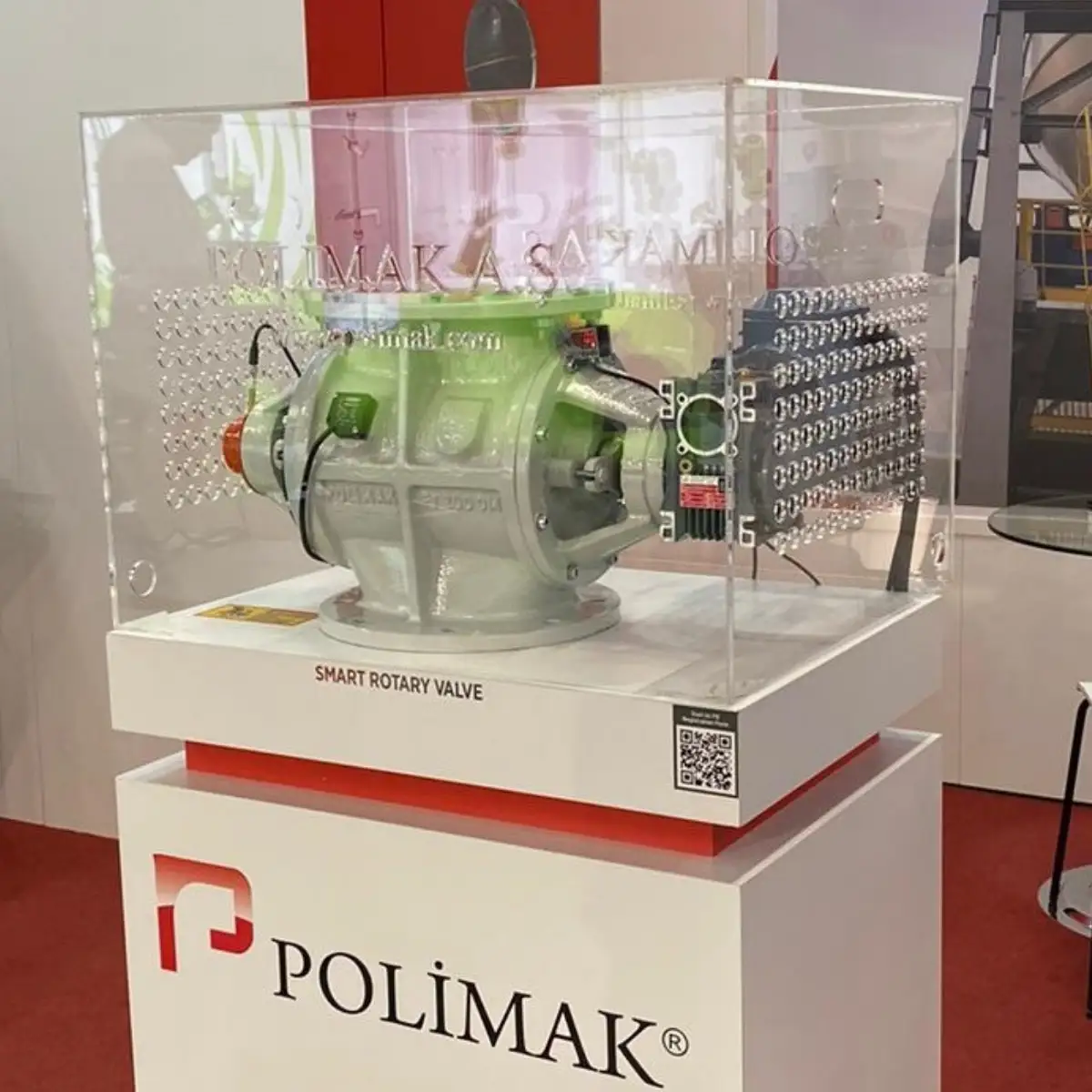
The compatibility of Polimak’s IoT – Internet of Things solution is not only limited to rotary feeders, it can be integrated into various operating machines throughout processing lines. The collaboration of manufacturing systems/equipment with our IoT solution creates systems/equipment that communicates data in real time.
